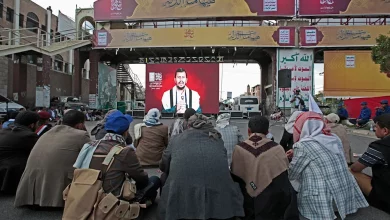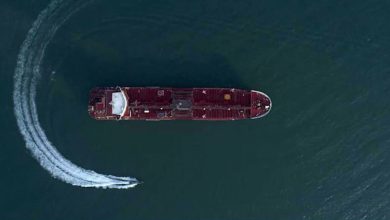Israeli settlers, protected by troops, attack Palestinian villages in West Bank

Israeli settlers attacked several Palestinian villages and set a number of cars on fire across the West Bank on Sunday, while receiving protection from Israeli troopers.
Settlers physically assaulted Palestinians during the late-night rampage at the entrance to the village of Beitin, located 5 kilometers (3.1 miles) northeast of Ramallah, broke the windshields of several cars and set fire to them, official Palestinian news agency Wafa reported citing local sources.
According to the report the attack took place as Israeli soldiers stood meters away and watched on.
They intervened only to push back the Palestinians, who came out to fend off settlers, it said. They fired tear gas canisters and stun grenade bombs at Palestinian homes and young protesters.







